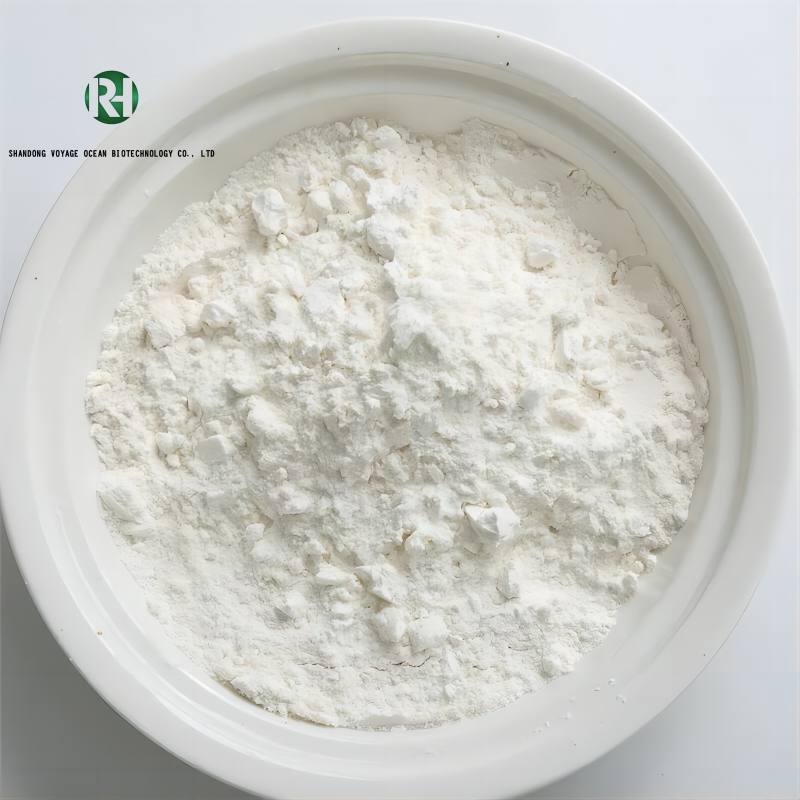-
Categories
-
Pharmaceutical Intermediates
-
Active Pharmaceutical Ingredients
-
Food Additives
- Industrial Coatings
- Agrochemicals
- Dyes and Pigments
- Surfactant
- Flavors and Fragrances
- Chemical Reagents
- Catalyst and Auxiliary
- Natural Products
- Inorganic Chemistry
-
Organic Chemistry
-
Biochemical Engineering
- Analytical Chemistry
- Cosmetic Ingredient
-
Pharmaceutical Intermediates
Promotion
ECHEMI Mall
Wholesale
Weekly Price
Exhibition
News
-
Trade Service
11, 2020 //--- Although macrophages play an important role in activating the immune response and addressing tissue inflammation, there is growing evidence that they are associated with a variety of disease processes, such as chronic inflammatory diseases, tumor growth and metastasis, and tissue fibrosis.
Boston University School of Medicine (BUSM) for the first time have masted the origin, gene expression and function of macrophages in normal skeletal muscles.
they believe the findings will provide the basis for future studies of the role of skeletal muscle residering macrophages in skeletal muscle diseases, such as muscular dystrophy, and muscle damage.
(Photo: www.pixabay.com) People often suffer muscle injuries as a result of accidents or exercise, while others suffer from congenital or accessive muscle diseases, such as muscular dystrophy, which exhibits significant muscle inflammation.
muscular dystrophy is the most common inherited muscle disease.
can cause severe disability and premature death due to respiratory and heart muscle weakness, and the disease is currently incurable.
" macrophages are important effectors and regulators for muscle inflammation, fibrosis and regeneration.
our findings provide a knowledge base for future research into macrophages in diseases such as skeletal muscle development, injury repair, and diseases with significant muscle inflammation.
," said Dr. Zhou, a professor of neurology at BUSM.
"understand their respective origins, tissue-specific characteristics and disease-related functions are absolutely critical to reaching their therapeutic potential."
" Zhou and her team used experimental models to track macrophage genealogy and conducted bone marrow transplants to study the origin of skeletal muscle-resident macrophages.
also conducted a single-cell transcription group analysis to analyze a subset of skeletal muscle-resident macrophages and their function.
findings were recently published in the journal PNAS.
(bioon.com) Source: Researchers contente important regulators of tissue, fibrosis and regeneration Original source: Xingyu Wang el al., "Heterogeneous origins and functions of mouse skeletal muscle-residentphages," PNAS (2020).







